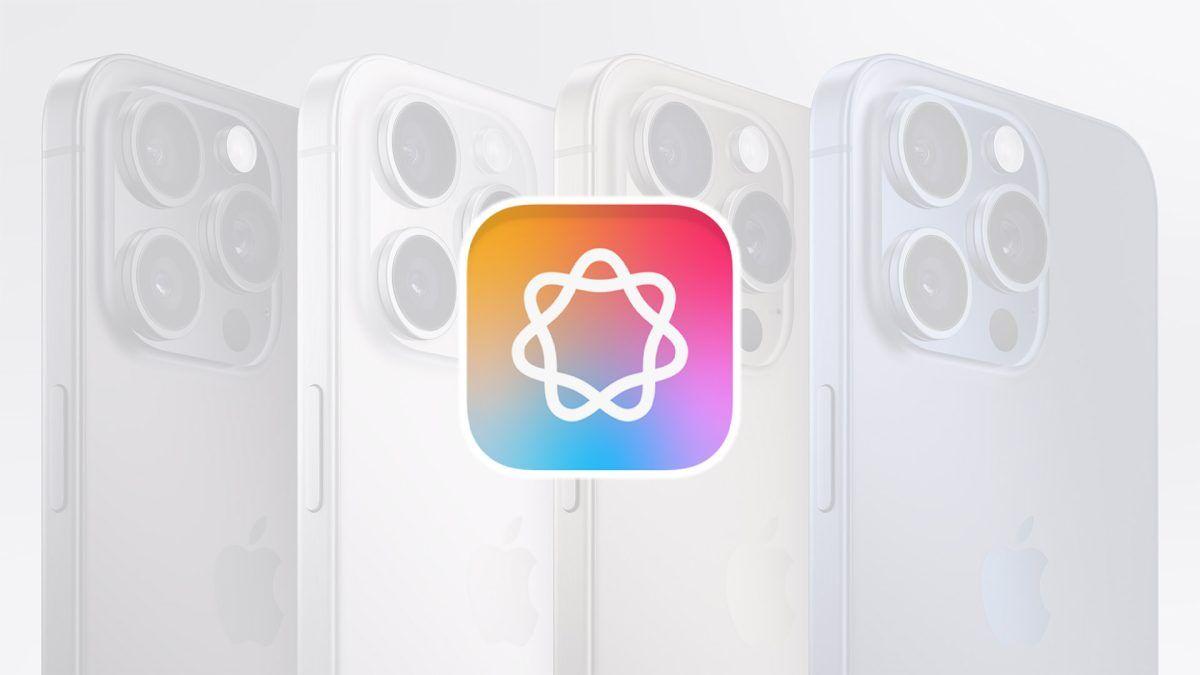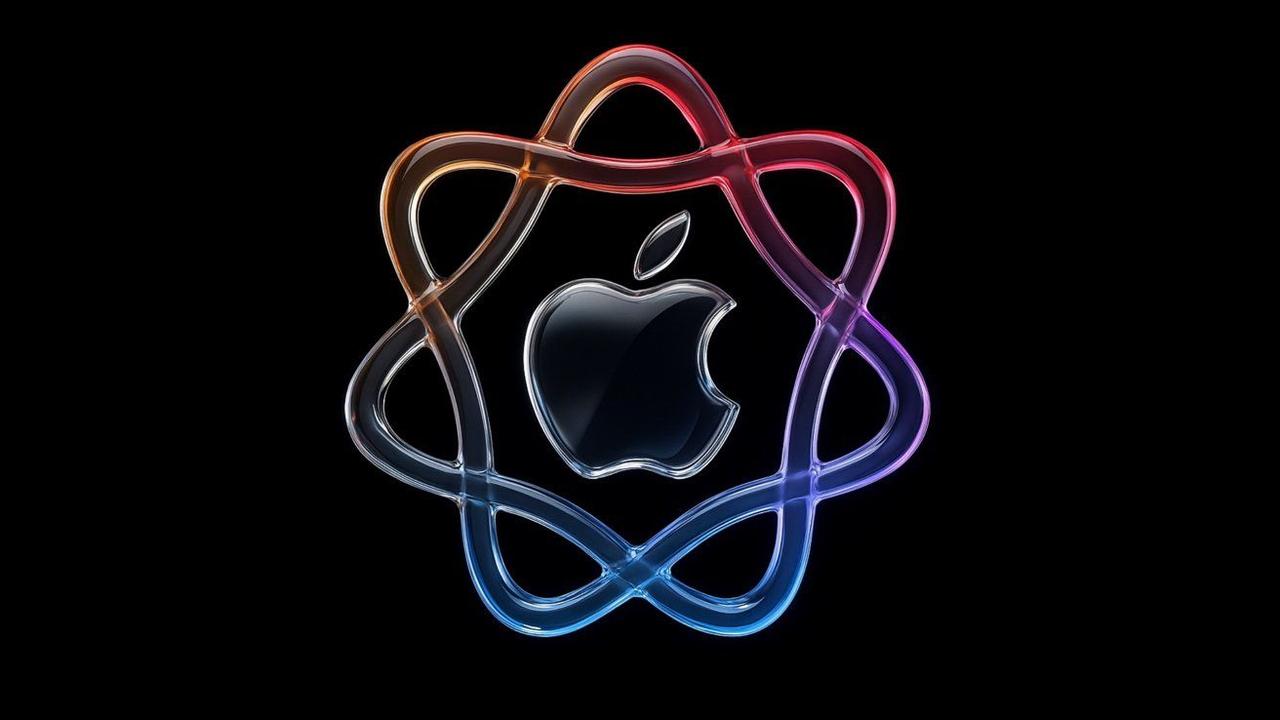Apple's AI Ambitions Falter as Top Talent Exodus Continues
3 Sources
3 Sources
[1]
Senior AI researchers desert Apple amid 'a crisis of confidence' - 9to5Mac
There have been a number of reports of senior AI researchers leaving Apple, and the latest of these indicates the problem may be bigger than previously known. One AI recruitment company has suggested there is a crisis of confidence within Apple, with tech rivals now considering it open season on poaching the company's engineers ... We learned a month ago that Apple's top AI exec, Ruoming Pang, had left the company to join Meta. Pang joined Apple from Google in 2021, and had been managing the roughly 100-person team behind the models that power Apple Intelligence features like Genmoji, Priority Notifications, and on-device text summarization. His exit marks yet another blow to Apple's efforts to build competitive AI models in-house. Bloomberg suggested then that others in his team might follow. That indeed proved to be the case less than a fortnight later. Just days after hiring Ruoming Pang, who had led Apple's foundation model efforts, Meta is reuniting him with two former colleagues from Cupertino. Mark Lee and Tom Gunter, both key members of Apple's Foundation Models (AFM) group, are joining Meta's Superintelligence Labs team. The Financial Times today reports that Apple has now lost around a dozen of its AI team, including a number of its top researchers. Apple has lost around a dozen of its artificial intelligence staff, including top researchers, to rivals as the iPhone maker struggles to stay relevant in Silicon Valley's ferocious AI talent war [...] OpenAI has poached Brandon McKinzie and Dian Ang Yap, two Apple foundation models research engineers. AI recruiting firm Razoroo says that the loss of Ruoming Pang was a huge blow and has opened the floodgates to more poaching. "Ruoming Pang leaving is huge: it sends a signal of a crisis of confidence around what is to come," said Aaron Sines, director of AI recruiting at Razoroo. "A lot of the companies we have as clients are saying 'hey, look at Apple: it's open season'." The greatest danger for Apple is that this becomes a self-fulfilling prophecy. If top AI staff leave because they believe the Cupertino company is too far behind the curve, then Apple loses the very talent it needs to catch up with leaders in the field. The crisis of confidence described in the report is likely the reason CEO Tim Cook held a company-wide meeting in an attempt to reassure staff.
[2]
Apple's Real AI Crisis Isn't Siri, But the Talent It's Losing to Rivals
Apple has hemorrhaged around a dozen artificial intelligence staff to rivals since January, making it one of the prime victims in Silicon Valley's fierce AI talent war, reports the Financial Times. The exodus of staff from Apple's AI team over the last seven months has seen senior researchers leave variously for Meta, OpenAI, xAI, Cohere, and others. The most notable recent departure was that of Ruoming Pang, head of Apple's Foundational Models team, who joined Meta last month after being lured by CEO Mark Zuckerberg with a $200 million pay package. Key departures from Apple's AI team this year include: Several of the individuals who have left were contributors to research papers on AI models that Apple released last year. Apple's core Foundation Models team is made up of just 50 to 60 people, so each departure is particularly damaging for the company. FT reports that industry recruiters see the departures as "a crisis of confidence" around Apple's AI future. Aaron Sines from recruiting firm Razoroo said companies now view elite AI talent as "strategic assets," on par with intellectual property or even entire business units. "There are really only a thousand, maybe two thousand people in the world who have real foundational model experience and what it takes to develop and deploy foundational models," he told the newspaper. The talent drain coincides with Apple's struggle to update Siri by integrating large language models (LLMs). A chatbot-like version of the virtual assistant was one of the key Apple Intelligence features that Apple promoted at last year's WWWDC, but it has yet to arrive. Apple has reportedly established AI offices in Zurich, where teams are developing a completely new software architecture for Siri. This new approach - called a "monolithic model" - is built entirely on an LLM engine. It's designed to replace Siri's existing "hybrid" system, which has become fragmented over the years as different features were added in layers. The new architecture aims to make Siri more conversational and significantly better at understanding and synthesizing information. During Apple's recent earnings call, Apple CEO Tim Cook said the company is "making good progress on a more personalized Siri" that is powered by Apple Intelligence, and he reiterated that the features will be available next year. The new capabilities will include better understanding of a user's personal context, on-screen awareness, and deeper per-app controls.
[3]
Apple Must Resolve Internal Leadership And Structural Issues Before Apple Intelligence Can Compete With AI Giants Like OpenAI And Google
Apple's much-hyped Apple Intelligence initiative may not deliver the breakthrough users are hoping for, at least not any time soon. While the company proudly unveiled its next-gen AI features at WWDC last year, the reality behind the scenes tells a different story. Moreover, this year's WWDC event did not highlight any AI features at all, which is another indication that the company is in turmoil under the wraps. Apple is silently facing an internal crisis that threatens to halt its progress in the rapidly evolving AI race. However, the most pressing concern is that a steady stream of its top-tier AI talent is leaving the company for competitors. We have previously covered multiple reports suggesting that over a dozen senior researchers and engineers from Apple's foundational models team have left the company in recent months. We have to take note that these are not minor players, as they include employees like Ruoming Pang, who led the group and was instrumental in shaping Apple's large language model efforts. Moreover, the departure was quite staggering with Pang receiving a $200 million compensation package and Apple has done nothing to retain the talent. Apple's foundational models team was already small with less than 60 people on board and losing more to rivals had a major impact. These waves of resignations suggest that the company could be facing deeper issues, which could be the reason why the company is delaying some of the most prominent features of Apple Intelligence. Some insiders state that the lack of clear direction and frustratingly slow progress within the company's culture and the progress. Siri has also not reached its true potential yet with a complete Apple Intelligence-powered overhaul that was promised and the company's new architecture is yet to be revealed. The Financial Times report that these delays are shaking the confidence of employees and Apple's loyal customers, and it could have long-term impacts on the revenue. Apple CEO Tim Cook is aware of the concerns and threats from the industry and has acknowledged the urgency to figure out AI. Moreover, the company has also announced that it will invest heavily to make this happen, possibly acquiring companies like Perplexity to make the process faster. We must also consider that simply buying startups or hiring aggressively will not solve the problem unless the core issues are addressed. What this means is that the company must figure out the reason for fragmented structures to unclear leadership strategies and develop an internal alignment, if it wishes to become the market leader. At this stage, OpenAI, Google, and Meta are not slowing down, as they are bringing new features, attracting researchers, and dominating the generative AI conversations. We will keep you guys posted with the latest details so be sure to keep an eye out.
Share
Share
Copy Link
Apple faces a significant setback in its AI development efforts as senior researchers and engineers leave the company, raising concerns about its ability to compete in the rapidly evolving AI landscape.
Apple's AI Brain Drain
Apple, a tech giant known for innovation, is facing a significant challenge in its artificial intelligence (AI) efforts. The company has lost approximately a dozen senior AI researchers and engineers to rival firms since January 2025, sparking what industry insiders are calling "a crisis of confidence"
1
2
. This talent exodus comes at a crucial time when Apple is striving to stay competitive in the rapidly evolving AI landscape.
Source: MacRumors
Key Departures and Their Impact
The most notable departure was Ruoming Pang, head of Apple's Foundational Models team, who joined Meta last month after being lured by CEO Mark Zuckerberg with a reported $200 million pay package
2
. Pang's exit was followed by other key team members, including Mark Lee and Tom Gunter, who also joined Meta's Superintelligence Labs team1
.Other significant losses include Brandon McKinzie and Dian Ang Yap, two foundation models research engineers who were poached by OpenAI
1
. These departures are particularly damaging as Apple's core Foundation Models team consists of only 50 to 60 people2
.The Ripple Effect
The loss of top talent has created a domino effect, with AI recruiting firm Razoroo suggesting that Pang's departure has "opened the floodgates" for more poaching
1
. Aaron Sines, director of AI recruiting at Razoroo, stated, "Ruoming Pang leaving is huge: it sends a signal of a crisis of confidence around what is to come"1
.Apple's AI Struggles
The talent drain coincides with Apple's difficulties in updating Siri and integrating large language models (LLMs) into its products. A chatbot-like version of Siri, promoted as a key Apple Intelligence feature at last year's WWDC, has yet to materialize
2
.
Source: Wccftech
Apple has reportedly established AI offices in Zurich to develop a new "monolithic model" for Siri, aiming to replace the existing fragmented system
2
. However, progress appears to be slow, and the company's AI efforts seem to lack clear direction3
.Related Stories
Industry Implications
The exodus of AI talent from Apple highlights the fierce competition for skilled professionals in the field. Industry recruiters now view elite AI talent as "strategic assets," on par with intellectual property or entire business units
2
.This situation poses a significant challenge for Apple, as it risks falling behind competitors like OpenAI, Google, and Meta, who are rapidly advancing in generative AI and attracting top researchers
3
.Apple's Response
Apple CEO Tim Cook has acknowledged the urgency to address the company's AI challenges. During a recent earnings call, Cook stated that Apple is "making good progress on a more personalized Siri" powered by Apple Intelligence, with new features expected to be available next year
2
.To mitigate the talent loss, Apple may consider aggressive hiring or acquiring AI startups like Perplexity
3
. However, industry experts warn that these measures alone may not be sufficient unless Apple addresses its internal structural and leadership issues3
.As the AI race intensifies, Apple's ability to retain top talent and deliver on its AI promises will be crucial in maintaining its position as a leader in the tech industry.
References
Summarized by
Navi
Related Stories
Apple's AI Strategy in Turmoil: Senior Researcher Departs, MLX Team Nearly Quits
01 Jul 2025•Technology

Apple loses senior Siri executive and AI researchers to Google DeepMind and Meta
30 Jan 2026•Business and Economy

Apple's AI Struggles: Falling Behind in the Race Despite High-Profile Hires
19 May 2025•Technology

Recent Highlights
1
Pentagon threatens to cut Anthropic's $200M contract over AI safety restrictions in military ops
Policy and Regulation

2
ByteDance's Seedance 2.0 AI video generator triggers copyright infringement battle with Hollywood
Policy and Regulation

3
OpenAI closes in on $100 billion funding round with $850 billion valuation as spending plans shift
Business and Economy





